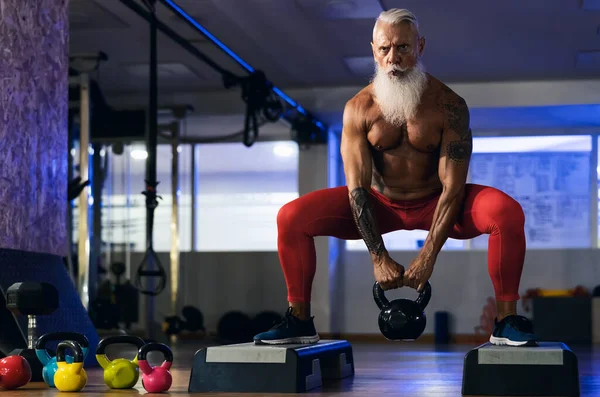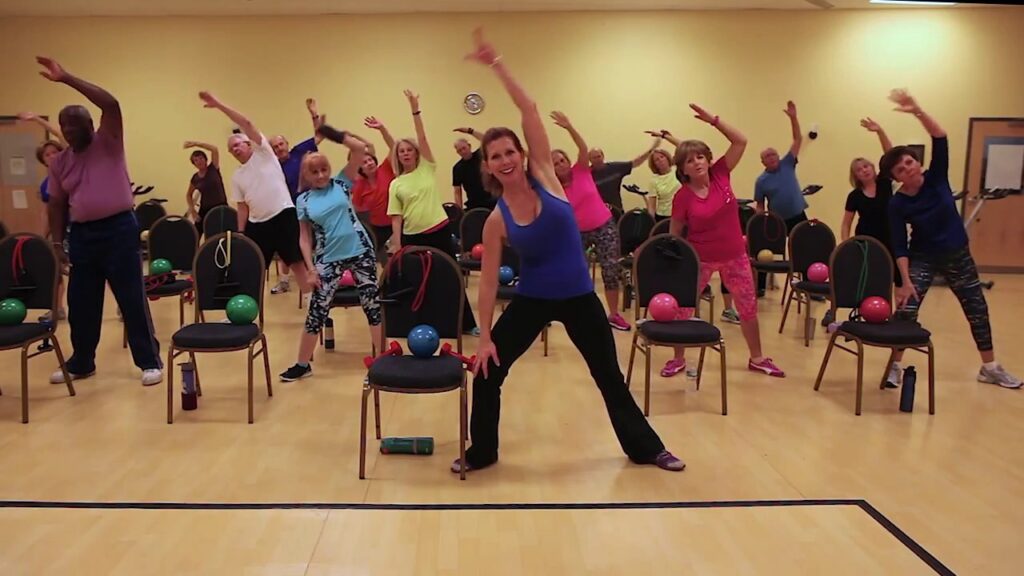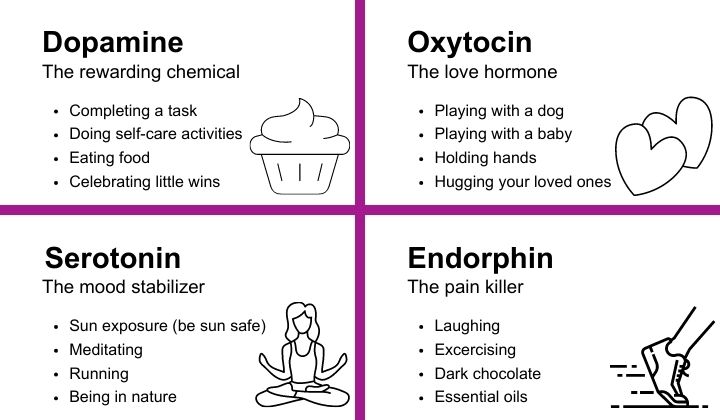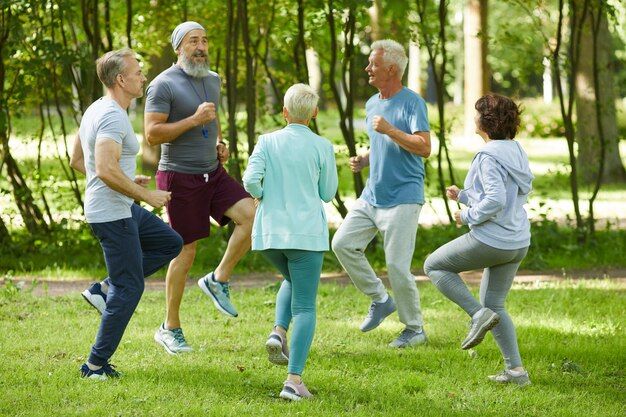

Picture this: you’re cruising through life, feeling on top of the world. Then, slowly but surely, things start to change. You might tire a bit quicker, notice a few more aches and pains, or find it harder to remember things.
This is the natural march of time, and as we enter our golden years, our health can start to decline. But wait, before you despair, there’s good news! This decline isn’t some pre-decided fate we have to accept. By understanding what’s happening and taking some proactive steps, we can actually slow down the process and stay healthier for longer.
Why taking charge matters?
Think of it like this: if you take care of your car regularly, it’ll keep running smoothly for years. But if you ignore the warning signs and keep pushing it, well, things might not end well. The same goes for our bodies.
You can make smart choices and build a strong foundation for healthy aging.
This means we can enjoy our retirement more, be less dependent on others, and stay active and energetic well into our later years.
So, let’s ditch the rocking chair and take charge of our health! It’s time to outsmart that sneak thief of age and embrace a healthier, happier future.
Let’s see how.
Take stock of your current health
Before embarking on your journey to a healthier you, it’s important to understand your current health situation. This initial assessment helps you realistically gauge where you stand and plan your next steps effectively.
Pay attention to your body’s daily signals. Are you often fatigued, experiencing unusual weakness, or noticing changes in your balance? These observations offer valuable insights into your current physical state.
Consult a healthcare professional or a doctor. They can conduct routine check-ups, measure your health metrics like blood pressure and cholesterol, and offer expert guidance based on the health checkup result. According to the current stock of your health you can set realistic goals for improvement. Find out the immediate steps that you need to take.
Start building your social life
Picture this: you’re buzzing around, having a blast with friends and family, sharing stories and laughter. Feels good, right? Turns out, that feel-good vibe isn’t just in your head. Research shows that folks who hang out with others tend to be healthier than those who fly solo most of the time. But why is that?
Spending time with your family, relatives and friends is like a natural stress-buster and mood-lifter. Think of it like a sunshine injection straight to your brain! Sharing experiences, laughs, and just being around people you care about helps you feel more connected and happier.
When you have an active social life you have a sense of belonging, which can be a buffer against stress. Since you know that chronic stress leads to a compromised immune system, you can keep many illnesses away by simply being among your friends. When you are in a good mood, your brain releases “Happy hormones”

Also, when you are among people, there is more physical activity. You go on walks, you go to the park. you visit people, you may even play sports, you attend religious or cultural gatherings.
Get your body moving
Jobs these days are sedentary. That’s why many people, as they age, develop lifestyle-related ailments such as diabetes, hypertension, heart disease, and backpain, just to name a few.
Life goes by real fast. When you wake up in the morning, we don’t even realize when the entire day has gone by. That’s why, you need to integrate physical movement into your daily routines, strategically.
How can you be physically active without feeling overwhelmed? It depends on how serious you are about building stronger muscles and avoiding muscle atrophy as you move towards older age. Here are a few things you can do:
Walk more: Walking is the best exercise you can give to your body. Walk to the grocery store. Volunteer to drop your grandkid to the bus stop. Get things from the kitchen yourself instead of asking your kids or your spouse. Get your own printouts in the office. Find excuses to walk.
Stay consistent: It is not about how much physical activity you get. It is about consistency. Decide that you’re going to exercise for 20 minutes every day, and then stick to the routine. 20 minutes may not seem a lot, but it adds up.
Develop a hobby: Preferably, gardening, or social work; something that requires you to move around. Even going to the temple every day to sing bhajans can be good exercise.
Exercise to build your muscles: Your muscles and flexibility becomes a casualty as you age. But if you exercise daily to keep your muscles stronger, you will remain strong and enjoy a flexible body.
The key is, having a routine. It doesn’t have to be exhausting. Regularity is more important.
Be careful of what you eat
If your body is a magnificent machine, the food that you eat is fuel. Just as you don’t want to use inferior fuel for your car, you don’t want inferior fuel for your body.
To maintain strong bones and resilient muscles, you need adequate protein. You can get it from lean meats, fish, beans, and lentils.
Calcium is the building block of strong bones. Omega-3 fatty acids, normally found in certain fish and sardines, are natural lubricants for your joints. Make sure you have dairy products, leafy greens, and fortified foods like tofu.
It’s common knowledge that you should avoid too much sugar, salt, and refined carbohydrates. Excessive consumption of these ingredients increases your risk of diabetes and blood pressure that can lead to kidney failure and heart disease.
Eat whole grains, fruits, and vegetables. Stay away from sodium. Find out which herbs and spices suit you well and consume them regularly.
Your food builds your health gradually. You may not see results in a few months. So, the earlier you start, the better it is. Food can also be doorway to bad health. It depends on the choices you make.
Conclusion
As we’ve explored so far, aging gracefully isn’t just about accepting decline. It’s about understanding the changes our bodies undergo and empowering ourselves to thrive.
Small changes can have a significant impact. Start by incorporating gentle exercises you enjoy, fostering meaningful connections with loved ones, and making mindful choices on your plate. When you prioritise your well-being today you invest in a healthier, happier, and of more fulfilling future. It’s never too late to embrace an active, vibrant golden age. Read more

